

POLITICS
Dr. Bawumia outlines vision, intends to tackle agriculture, energy to reduce cost of living
Vice President Dr. Mahamudu Bawumia, the Flagbearer of the New Patriotic Party (NPP), has outlined a four-point vision on agriculture, housing, public transport and power to reduce the rising cost of living when he is voted as president of Ghana.
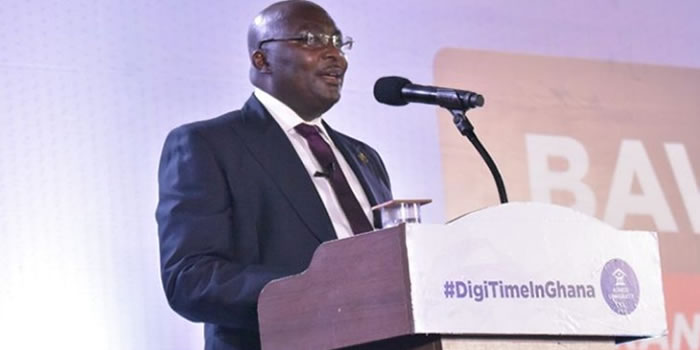
Date Created : 2/8/2024 12:00:00 AM : Story Author : Godwill Arthur-Mensah/Ghanadistricts.com
Speaking at his first major national address to unveil his vision and priorities for Ghana in Accra on Wednesday, Dr. Bawumia admitted the rising cost of living globally, including Ghana, and identified those four key sectors as major factors contributing to that challenge.
He said tackling those four critical areas would be the "sustainable solutions" by his government, if elected as president, to ensure better living standards for the people.
"A major priority of my government will be to reduce the cost of living,” he said.
"The cost of living in the world has increased massively following the COVID pandemic and the Russia-Ukraine war.”
“Global inflation increased from 1.55% in 2016 to 8.27% at the end of 2022, a five fold increase!. In particular, the increase in the cost of living has been driven by increases in food prices, energy prices, housing (rents) and transport prices.”
“ Any attempt to reduce the cost of living on a sustainable basis must, therefore, tackle agriculture, energy, housing and transport prices and that is what I am going to do.”
On agriculture, Dr Bawumia outlined a comprehensive modern agriculture to ensure precision agriculture and food security.
He said his administration would ensure Ghana attained food security through the application of technology and irrigation for commercial large scale farming.
"We will also promote the use of agricultural lime to reduce the acidity of our soils, enhance soil fertility and get more yield from the application of fertilizers.”
“ Ghana has an abundance of limestone to do this. I will prioritise the construction of the Pwalugu Dam by using private sector financing to crowd-in grant financing."
On public transportation, the NPP Flagbearer announced his intention to promote the use of electric vehicles, which would positively impact factors affecting the high cost of public transportation in the country.
"My administration will endeavour to reduce the cost of public transport between 30-40% with the adoption of electric vehicles for public transportation," he noted.
"The public transport pricing formula is dominated by two key variables; the price of fuel and the price of spare parts.”
“ Electric vehicles do not use petrol or diesel and spare parts are minimal. That is what will bring down the fares for EVs.”
More importantly, transport fares for EVs would be stable and the constant and large increases in fares would become a thing of the past.
On the “Housing for All Policy” Dr. Bawumia said his government’s major focus would be on the provision of public housing in the same manner that Singapore did.
"We will partner with the private sector to build large housing estates without the government having to borrow or spend.”
“Also, the National Rental Assistance scheme, which is working so well, will be enhanced to deal with the problem of demands for rent advance of two years and more.”
On power reforms, the NPP Flagbearer indicated that as part of the effort to reduce the cost of living, "my government will implement policies to have energy self-sufficiency at reduced cost through solar and other renewables with the application of market efficiency to the energy market."
"We will diversify the generation mix by introducing 2000MW of solar power and additional wind power through independent power producers to reduce our dependence on oil and gas by the end of my first term in office.”
“This will significantly reduce the cost of electricity.”
He said the fact that residential, commercial and industrial consumers’ power was still neither reliable nor cost competitive was a testament that the regulatory and administrative measures, so far implemented, had not fully achieved the objectives government set in dealing with the legacy issues inherited.
"Therefore, like the telecom market, we shall work to bring efficiency to markets and expand competition from more private sector participation in generation and retail,” Dr. Bawumia said.
" With reliable and cost competitive power, we will attract more manufacturing capacity into the country, create more jobs, improve services, export more products, and support our AfCFTA strategy to improve the participation of Ghanaian industries in intra-Africa exports and trade."
"To assist in the transition to green energy, there will be no import duty on solar energy.”





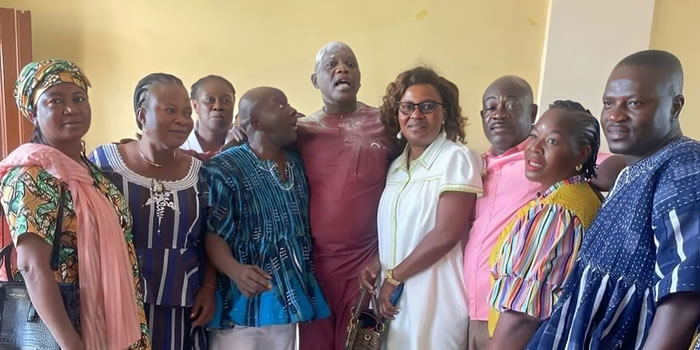

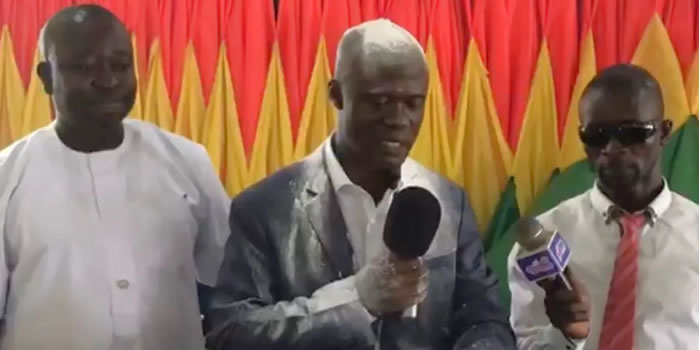
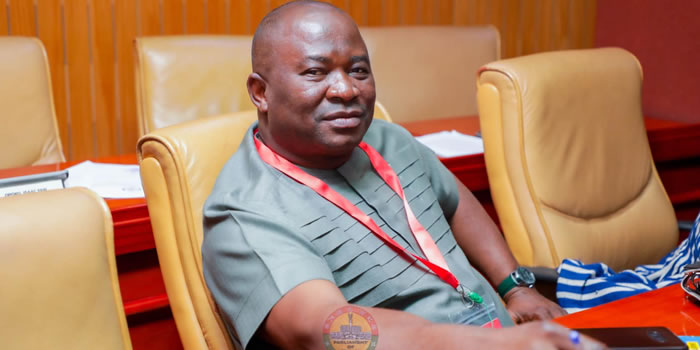
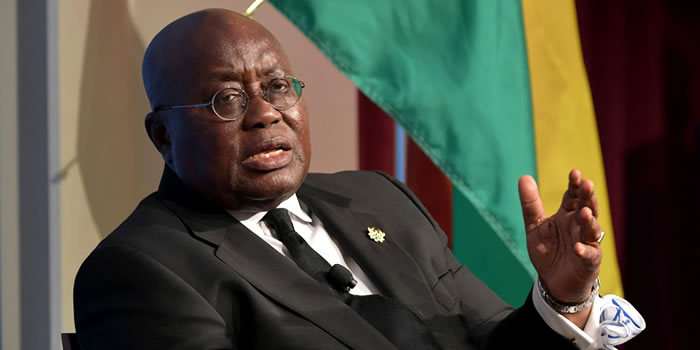
 facebook
facebook
 twitter
twitter
 Youtube
Youtube
 +233 593 831 280
+233 593 831 280 0800 430 430
0800 430 430 GPS: GE-231-4383
GPS: GE-231-4383 info@ghanadistricts.com
info@ghanadistricts.com Box GP1044, Accra, Ghana
Box GP1044, Accra, Ghana